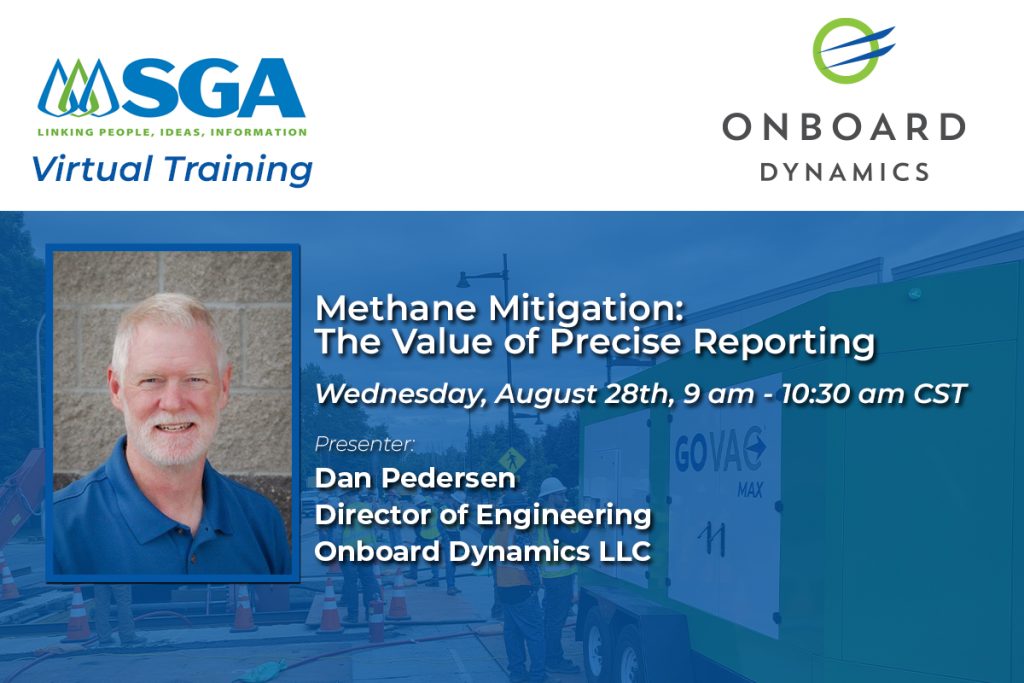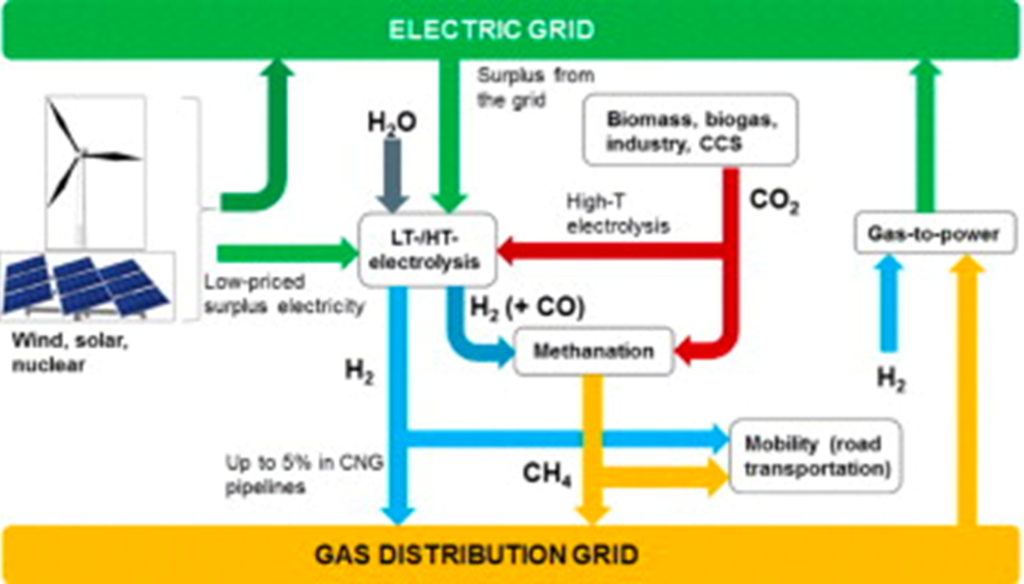
In efforts to mitigate methane emissions, the implementation of pipeline evacuation systems with integrated control systems for automated data collection has proven indispensable. These advanced systems enable companies to comply with current and future regulations, adhere to project timelines, support environmental initiatives, and achieve economic benefit in a safe and efficient manner.
Automated data collection is key to effective job performance planning. It empowers natural gas companies and service providers to manage their projects with greater efficiency, providing reliable service. By monitoring real-time data during evacuation projects, operators can gain immediate visibility into project success. This real-time information allows for timely field actions, significantly impacting project outcomes. Pipeline issues can arise during an evacuation project, but with precise data in hand, it is possible to determine where an issue needs to be addressed, positively influencing the project’s bottom line.

The recently concluded SGA Virtual Teaching Course, presented by Dan Pedersen, Director of Engineering at Onboard Dynamics, on August 28th, 2024, explored the necessity of natural gas pipeline evacuation systems. Equipped with automated controls like the GoVAC® Pipeline Evacuation System, these systems are vital for remote monitoring, allowing continuous oversight and management from distant locations. The benefits of real-time data collection provide immediate access to critical information and support informed decision-making.
Dan emphasized that the integrated data platform found in the GoVAC® System not only enhances operational safety by promoting early detection of issues but also enables efficient response mechanisms. The system generates detailed insights into operational diagnostics, aiding in timely maintenance and troubleshooting efforts. Moreover, accurate environmental impact reporting—a crucial feature of the GoVAC® System—ensures compliance with regulations while supporting sustainability initiatives.
Attendees gained a comprehensive understanding of the significant value that an integrated data platform provides. This type of system is essential for maintaining operational efficiency and streamlining project planning. The real-time actions facilitated by this technology offer critical insights to service providers, promptly informing them of conditions during pipeline evacuations and ultimately impacting project completion times. Additionally, it plays a vital role in delivering accurate project metrics, ensuring regulatory compliance, maintaining public trust, and reducing the environmental footprint of operations.
In summary, as the natural gas industry navigates the complexities of methane mitigation, the importance of precise reporting and automated data collection is becoming ever more critical. Dan Pedersen’s insights highlighted how embracing these technologies not only enhances operational efficiency but also contributes to a more sustainable and responsible approach to natural gas management.
If you are an SGA member, you can view the course on the SGA website here.







